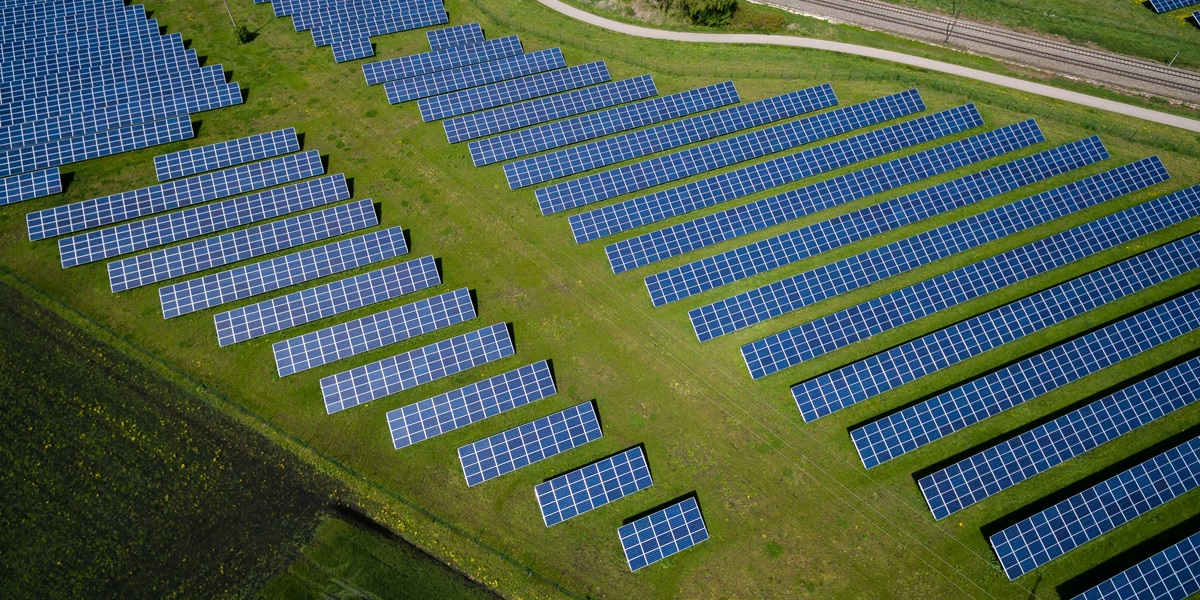Every year on September 29th, the world connects to celebrate the United Nations General Assembly-designated International Day of Awareness of Food Loss and Waste (IDAFLW). The Food and Agriculture Organisation of the United Nations (FAO) and the United Nations Environment Programme (UNEP) have collaborated to organise this important day. Their united leadership in IDAFLW highlights the crucial importance of tackling food loss and waste on a global level.
Create Awareness and Inspire Action
The fundamental objective of IDAFLW is to reveal the grave consequences of food loss and waste, as well as viable solutions at all levels of society. This observance’s core goal is to stimulate worldwide efforts and collective action to accomplish Sustainable Development Goal (SDG) 12. The ambitious goal aims to cut global food waste per capita in half at the retail and consumer levels by 2030, while also reducing food losses throughout the food production and supply chains.
IDAFLW 2023
FAO and UNEP issued a loud call to action in IDAFLW 2023 for public and corporate actors across the food system, as well as consumers, to take proactive efforts to reduce food loss and waste. This collaborative endeavour is critical for modernising Agri food systems and contributing to the 2030 Agenda for Sustainable Development.
Impact of Food Loss & Waste
Understanding the impact of food loss and waste is critical in addition to the moral duty. It accounts for approximately 7% of global greenhouse gas emissions and consumes approximately 30% of the world’s agricultural land, which could otherwise be used to alleviate hunger and lessen environmental stress.
Different Stages
Food waste and loss occur at numerous points along the supply chain. The problem is multifaceted, ranging from bad harvesting practises to inefficient storage and transportation, and from retail-level waste owing to aesthetic standards to consumer waste caused by poor planning.
Need of the Hour
The United Nations and its organisations recognise the critical need of addressing this issue, especially given the world’s expanding population. Food loss and waste, in addition to climate change threats, endanger farm sustainability, livelihoods, and food supplies, as underlined in the 2030 Agenda for Sustainable Development.
FAO and UN Environment are leading the push in actively measuring progress towards these targets. FAO focuses on the Food Loss Index, providing policy recommendations and presenting a compelling economic argument for reducing food loss and waste. Meanwhile, the Food Waste Index is overseen by UN Environment, which is dedicated to catalysing change at all levels through its Sustainable Food Systems programme.
Ultimately, IDAFLW serves as a compelling reminder of our common responsibility to address food loss and waste. Our goal is to not only reduce hunger and poverty, but we will also confront climate change and establish a more sustainable future. It is an appeal for governments, organisations, enterprises, and individuals to join forces in the worldwide struggle to make the world more equitable and prosperous for all.



